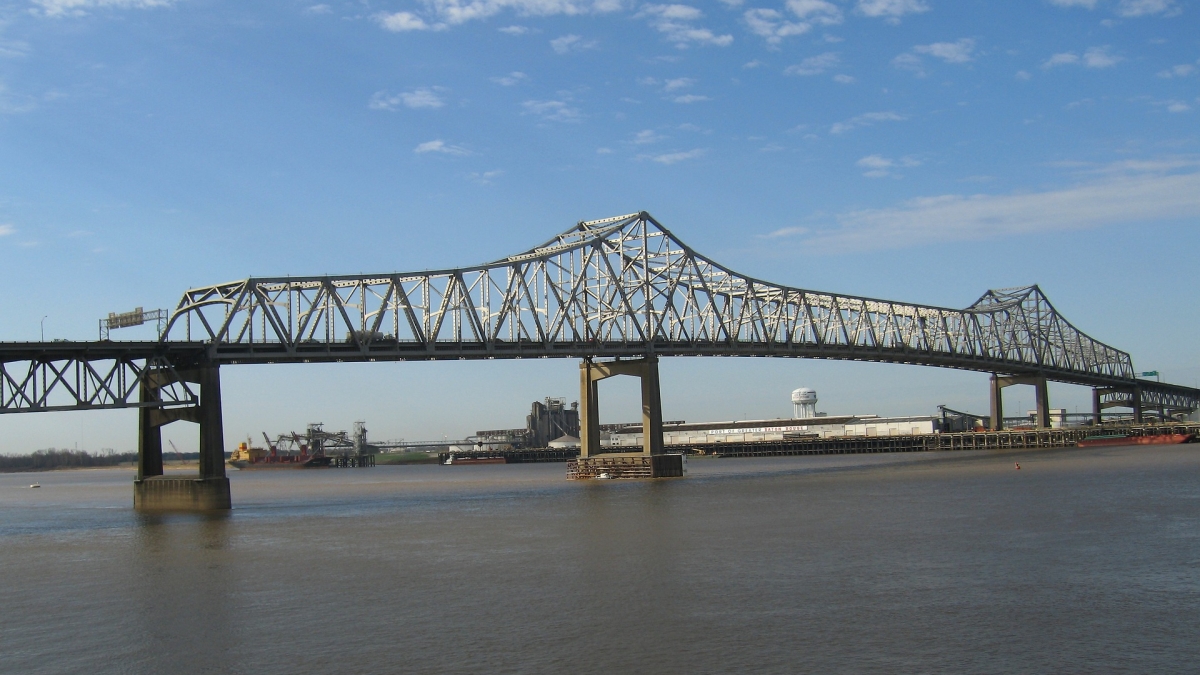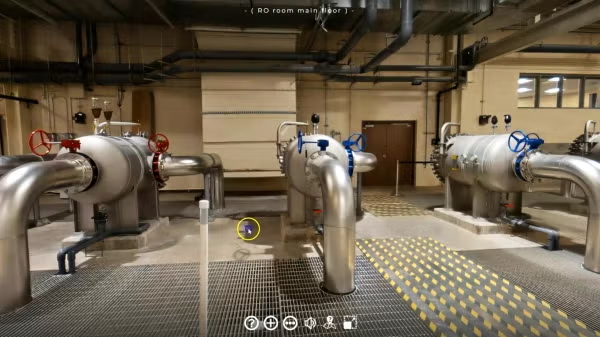Connecting cities to drive change: ASU co-hosts first Ten Across Water Summit

Journalists who report on major environmental issues — climate change, excess water and drought — often struggle to find effective ways to connect their stories to the public.
The challenge is to “make it seem immediate for people,” said Michael Kimmelman, architecture critic for the New York Times, who often writes about climate change from the perspective of different cities around the world. “It’s easy to describe the calamities. The harder thing is to explain to people why doing a resilient thing is going to produce better results … or the long-range issues of sea rise or drought.”
Kimmelman was speaking at the inaugural Ten Across (10X) Water Summit in Baton Rouge, Louisiana, a two-day collection of conversations to explore the impact of water on a region that stretches 2,400 miles along the Interstate 10 corridor from Los Angeles to Jacksonville, Florida. The summit was hosted by Arizona State University and The Water Institute of the Gulf in partnership with The Baton Rouge Area Foundation, the city of Baton Rouge, and the city of Phoenix. Speakers included former mayor of San Antonio and U.S. Housing and Urban Development Secretary Henry Cisneros, and chief resilience officers from Paris, Mexico City, and major metro areas along I-10.
Kimmelman was a member of a panel of journalists who tackle environmental subjects, along with National Public Radio national correspondent Debbie Elliott, ProPublica senior environmental reporter Abrahm Lustgarten, and moderator Tracy Wahl, the executive editor of Elemental: Covering Sustainability at ASU. Their topic: “Changing the Narrative.”
“If we can’t tell a story through the voices of people who’ve been impacted, then there is no story,” Elliott said. “The only way we can build trust and help understand each other is to tell stories through people.”
Describing the realities of climate change is one thing, but motivating people to make change can be much tougher. Lustgarten talked about changing comfortable patterns and habits.
“What we’re doing as members of the media or as policymakers is fighting inertia,” he said. “(We're) trying to show people and raise awareness of different choices and sacrifices essentially, whether that’s leaving your home or abandoning a community or giving up a fast car for an electric car or using less water.”
While water is the first subject for the Ten Across project, other major points of focus include energy, human migration, urban development and global commerce. By connecting cities and leaders that deal with extreme coastal and desert conditions, they can explore such common challenges as long-term resilience, multi-jurisdictional policy issues, data-rich forecasting and visualization, and navigating environmental, economic and societal adjustments.
Wellington “Duke” Reiter, executive director of ASU’s University City Exchange, is an originator of the Ten Across project.
“It’s our belief that the future is arriving early, in many senses, in the I-10 corridor," Reiter said. "With closer observation in this area, one can see the critical issues of our time registering in both the built and natural environments. We’ve developed Ten Across to assemble this evidence in a compelling and coherent format, so as to inspire the necessary responses.”
Top photo courtesy pixabay.com
More Environment and sustainability

Public education project brings new water recycling process to life
A new virtual reality project developed by an interdisciplinary team at Arizona State University has earned the 2025 WateReuse Award for Excellence in Outreach and Education. The national …

ASU team creates decision-making framework to improve conservation efficiency
Conserving the world’s ecosystems is a hard job — especially in times of climate change, large-scale landscape destruction and the sixth mass extinction. The job’s not made any easier by the fact…

Mapping the way to harvesting water from air
Earth’s atmosphere contains about 13 trillion tons of water.That’s a lot of water to draw upon to help people who are contending with drought, overtaxed rivers and shrinking aquifers.In fact,…

